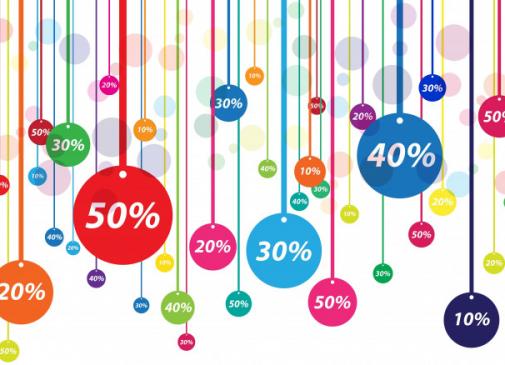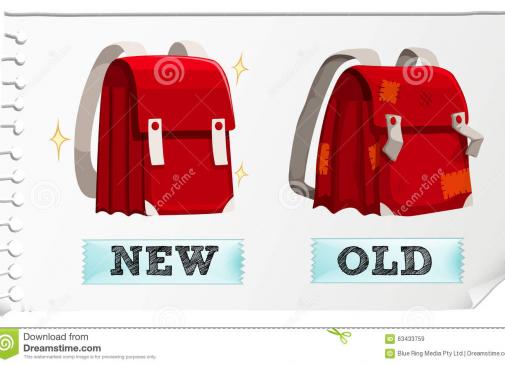Back in the day, people would get attached to a given brand for years. Nowadays, brand loyalty is much harder to find. Has a change in social patterns led to a rise of a new, fickle consumer?
Back in the day, people would get attached to a given brand for years. Nowadays, brand loyalty is much harder to find. Has a change in social patterns led to a rise of a new, fickle consumer?
Consumers today switch to new brands mostly because the whole concept of loyalty became a bit obsolete. Once a manifestation of mutual trust, loyalty is now frequently associated with fear of novelty and backwater mentality. Always on the lookout for something new and different, an average consumer seems no longer interested in building a strong relationship with a brand.
New work standards
Shopping behaviours often reflect a general shift in a social mentality. A growing disloyalty of consumers can be traced back to changes in social relationships in various life domains, including work. A growing popularity of downsizing taught both employers and employees that the current nature of their relationship leaves little room for sentiment. Besides, human resources have got used to this new standard. Few of young people consider working for one company for the rest of their lives, while the number of sole traders has been growing steadily.
‘Popcorn brain’
Our insatiable hunger for all things new may be a side effect of a digital revolution. Living in the world ruled by technology, we no longer use our brains the way had before everything went digital. IoT, new techs, mobile devices and digital disruption led to a phenomenon of “popcorn brain”, defined as a brain so used to an uninterrupted stimulation of electronic multitasking that it seeks to replicate the same experience in the offline world.
Novelty rules
Nowadays “new and different” wins over “true and tried”. This constitutes a serious challenge for established CPG players with long lead times, massive capital requirements and public shareholders. Constantly coming up with exciting news about century-old products cannot be easy. Consumer market heavyweights have been giving it a go with varying degrees of success. That said, even if their concepts may not seem particularly groundbreaking, they still are a worthwhile attempt to refresh brand image and engage novelty-oriented consumers.
Source: http://www.forbes.com










